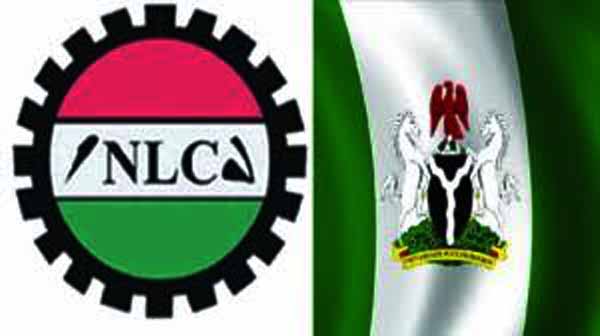
….. call on chairman to organise urgent meeting of the Board to discuss these issues
By allcitynews.ng
Nigeria Labour Congress (NLC), has written a letter of protest to the Executive Secretary of PPPRA over his purported removal of cap on the pricing of PMS.
The letter written on behalf of NLC, by Comrade Peter Ozo-Eson, read in part: Peter I. Ozo-Eson, PhD
426 Cadastral Zone B07, Katampe, Abuja, 6th June, 2020, The Executive Secretary, PPPRA, Abuja
Dear Sir,
It was with a great degree of shock and disbelief that I listened to the National Network News of NTA today which reported you as announcing, on behalf of PPPRA, the removal of a cap for the price of PMS and the commencement of a market based pricing system.
As a member of the Board of PPPRA, this came as a rude shock because at no time has this matter been presented to the Board for consideration, deliberation or even for information. What use is the Board if such weighty decision can be adopted, announced and implemented without the knowledge, input or deliberation of the Board?
Given the above, it is wrong to ascribe the policy or decision you announced to the PPPRA. AS you are aware, the constitution of the Board was set up in law to ensure adequate representation of all the stakeholders to ensure that decisions and policy recommendations had the benefit of the inputs of all stakeholders. The Board is, therefore, the forum for stakeholders’ discussion and decision.
To compound our disbelief, we have reviewed your statement, placed on your website, announcing the introduction of this policy. The statement, purportedly issued on March 20, 2020 is said to have removed the cap on the price of PMS effective that same date. Interestingly, the Board has had three meetings (one, physical and two virtual) since that date and at none of these meetings was this policy presented to or deliberated upon by the Board. Interestingly, you have thrice issued pricing guidelines stipulating caps on PMS prices since then.
If the Management of the agency received directives from somewhere else, it should be honest enough to so admit and ascribe. A policy decision of the agency can only emerge from the deliberations of the governing board of the agency. Beyond the procedural gaffe, I wish to draw your attention to, or remind you of, the fundamental issues your announcement has glossed over.
When, sometime in March, the office of the Honourable Minister of Sate for Petroleum Resources arranged a meeting with stakeholders to discuss the implication of the crash in the global price of crude oil price for the domestic price of petroleum products, you will recall that although operators and marketers were duly invited and present, it was only at the commencement of the meeting that a call was put across to me to inform me and invite me to the meeting. On my protestation that it was impossible for me to attend, given where I was then located, you subsequently placed a call to me. In the discussions with you and subsequently the Honourable Minister, I drew your attention to the need for adequate protection of the consumers, the average Nigerian, given that we were operating in a monopolistic market. The discussions then centred on using the existing template to determine the market-based price for PMS.
Recall that my contention was that while the global glut in the market presented an opportunity to review the price of PMS, we needed to draw experience and guidance from the operations of other petroleum products. Specifically, I drew your attention and that of the Honourable Minister to the case of diesel, the price of which was purportedly deregulated a number of years ago. I pointed out the failure of marketers to pass on the benefits of falling prices to domestic consumers.
For instance, on that date, while all objective indices suggested a domestic price of less than N120 per litre for diesel, consumers continued to be forced to pay N220 per litre on average!
I raised these issues not in the context of introducing a cap-less pricing scheme but in the context of emphasizing the need to bring diesel and other petroleum products under the monthly determination by PPPRA of the market-based caps on prices of petroleum products. You both agreed with me that there was need to do this to protect the Nigerian masses from monopolistic exploitation.
In the subsequent meeting of the Board, these concerns were also raised and it was resolved that the new monthly pricing guidelines would apply to all petroleum products. I am sure that the minutes of the Board meeting will so indicate.
In the last Board meeting, held virtually, the debate centred on whether the capped price guidelines should be monthly, six-monthly or otherwise. At no stage did we discuss a cap-less pricing scheme for petroleum products.
Before and during these developments, the need to review the existing templates, which guide the determination of the recommended price and caps, had been vigorously pushed by marketers and operators.
While we were open to objective review of some of the underlying cost on the template such as increased labour costs associated with the new national minimum wage and other realities, it became obvious that marketers and some other operators were seeking an across the board upward review to ensure that prices were kept artificially high. I am sure that you will recall some discussions between us, the details of which I do not wish to go into on the basis of confidentiality.
In economies, where there are strong anti-trust and anti-collusion laws and enforcement, these acts will be subjects of criminal proceedings. We need strong regulation to protect the masses, particularly in the absence of a strong consumer association to counteract the power of the oligopolistic marketers.
It is in the need for this that the PPPRA was established. The agency must rise up to provide this need or cease to exist. The oligopolies in the oil industry have had their knees on the neck of ordinary Nigerians for too long. It is time to demand that they remove their knees from our neck! For long they have had their knee on our necks in respect of diesel. We are having difficulty for breathing.
Your policy on PMS will place their two crushing knees permanently on the necks of poor Nigerians and the Nigerian economy. Please, please, please, we cannot breathe! The exploitative opportunities in the case of PMS will be much graver than those of diesel, given the more pervasive use and lower price elasticity of demand of the former. Unregulated pricing, in an import based regime, will be at the expense of the consumers.
I wish to urge you to do what is in the interest of Nigerians and the Nigerian economy. Bring these matters to the Board for deliberations. If, however, you persist in succumbing to the blackmail and pressures of the marketers and operators, note that there will be no objective basis for the continued existence of PPPRA and PEF in the scheme you are now touting.
I call on you to withdraw your circular and, in consultation with the chairman, call an urgent meeting of the Board to discuss these issues.
Given the context and importance of the issues addressed in this letter, please be informed that I intend to circulate same to my principals, all Board members and the general public.
Thank you.
Yours faithfully,
Peter Ozo-Eson, PhD
Board Member Representing the Nigeria Labour Congress
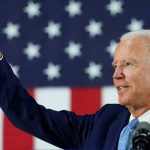




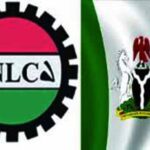


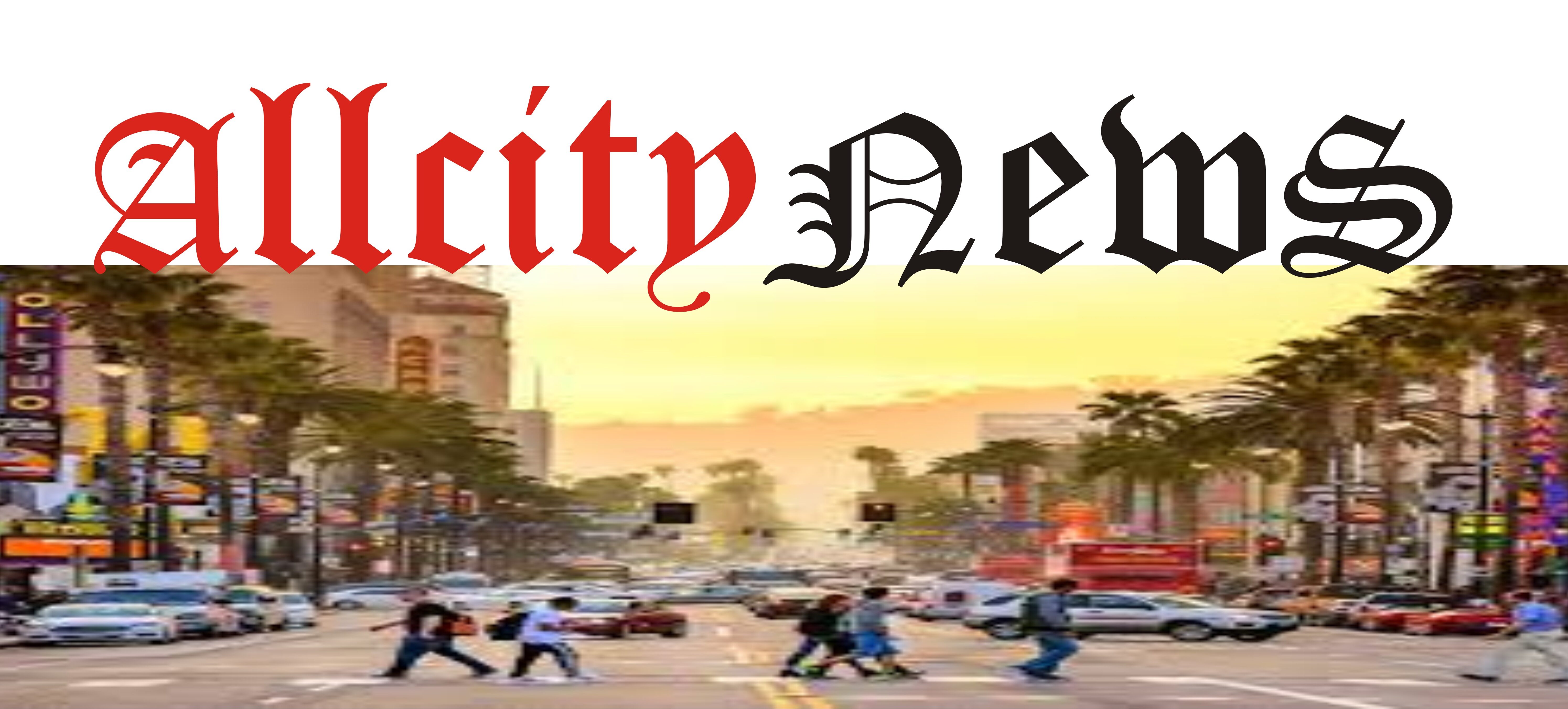


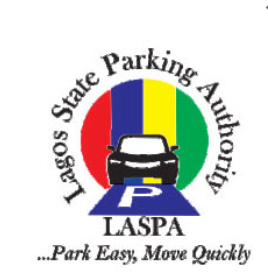
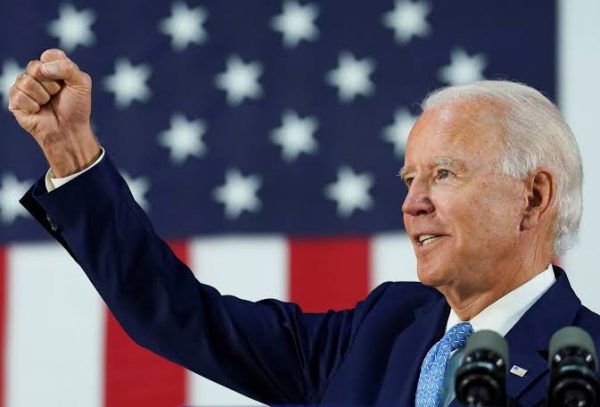
More Stories
Again, Bola-Audu, invades ASCSN office with hired thugs
Why we accepted N70,000 as New National Minimum Wage-Ajaero
LIVING OR MINIMUM WAGE, WHICH ONE FOR NIGERIAN WORKERS?